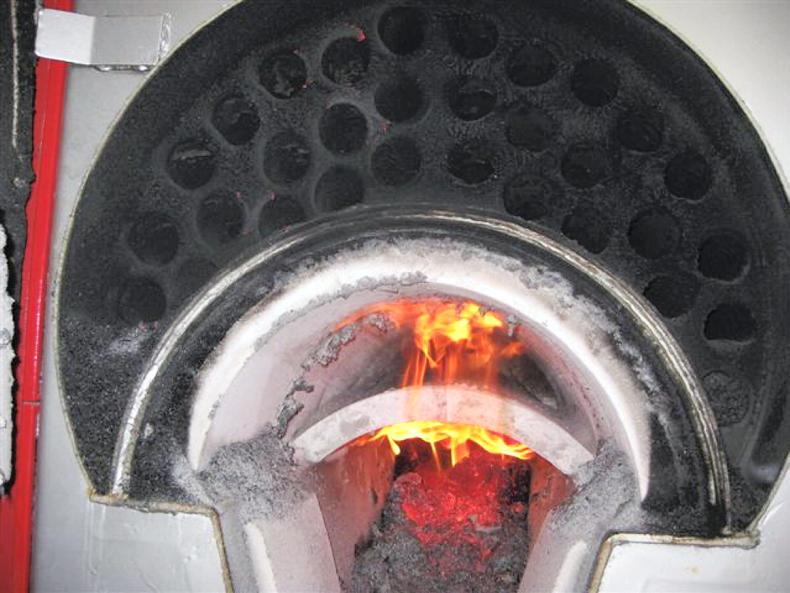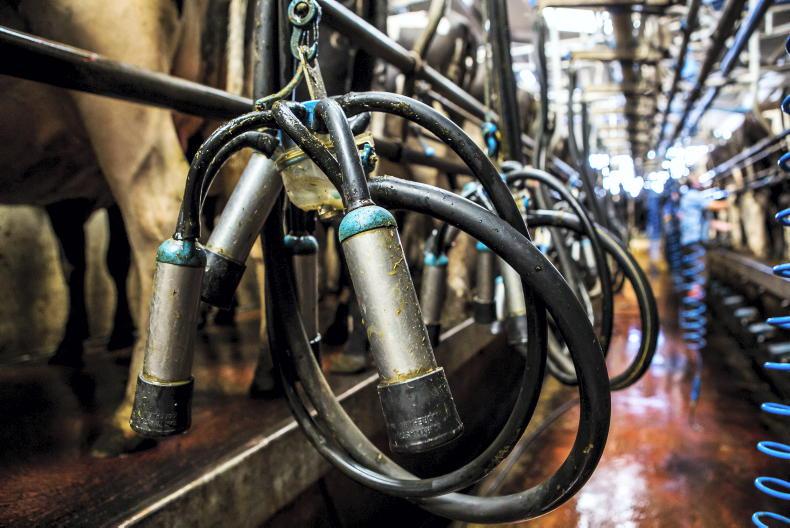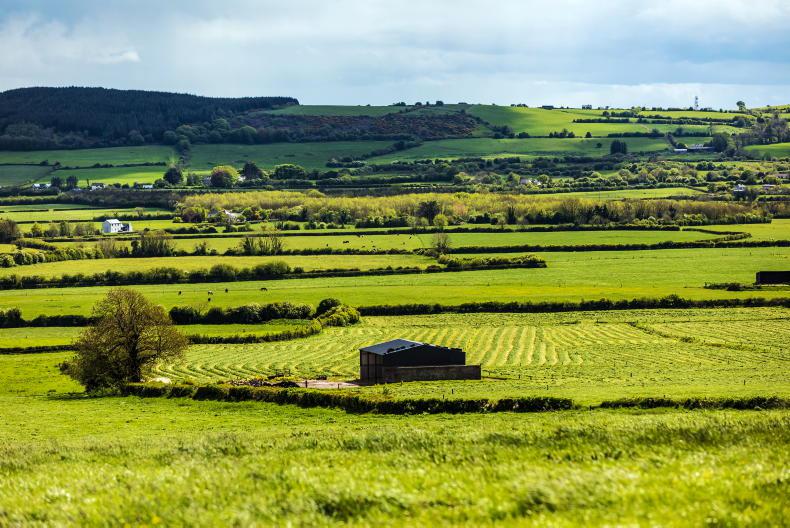The Renewable Heat Incentive (RHI) scheme in NI delivered an underspend in the 2018/2019 financial year, the Department for Economy’s (DfE) annual accounts indicate.
There was £1.9m of unused budget from the RHI scheme. The year previous there was a £2.2m overspend which had to be met from the NI block grant, and in 2016/2017 scheme overspend came to £27m.
The reduction in RHI costs over the last two financial years mainly results from lower tariff rates, which were introduced in April 2017 and were extended for another 12-month period a year later.
With tariff rates reduced again in April 2019, a substantial scheme underspend can be expected for 2019/2020 and for future financial years.
The latest cuts reduced maximum annual payments for most boilers from £12,000 under the 2017 regulations to £2,210 under the current tariffs.
Prior to the latest RHI cuts being introduced, DfE indicated that unused funds from RHI could be used to promote renewable heat generation under a new scheme.
A spokesperson for DfE told the Irish Farmers Journal on Wednesday that a public consultation on future energy strategy in NI is planned for autumn 2019.
“The future of renewable heat in NI, including any potential support that may be required to increase the use of low-carbon heating, will be considered as part of the Department’s work to develop a new Energy Strategy,” the spokesperson said.
Read more
Anaerobic digesters under scrutiny
RHI hardship unit deemed ‘inadequate’
The Renewable Heat Incentive (RHI) scheme in NI delivered an underspend in the 2018/2019 financial year, the Department for Economy’s (DfE) annual accounts indicate.
There was £1.9m of unused budget from the RHI scheme. The year previous there was a £2.2m overspend which had to be met from the NI block grant, and in 2016/2017 scheme overspend came to £27m.
The reduction in RHI costs over the last two financial years mainly results from lower tariff rates, which were introduced in April 2017 and were extended for another 12-month period a year later.
With tariff rates reduced again in April 2019, a substantial scheme underspend can be expected for 2019/2020 and for future financial years.
The latest cuts reduced maximum annual payments for most boilers from £12,000 under the 2017 regulations to £2,210 under the current tariffs.
Prior to the latest RHI cuts being introduced, DfE indicated that unused funds from RHI could be used to promote renewable heat generation under a new scheme.
A spokesperson for DfE told the Irish Farmers Journal on Wednesday that a public consultation on future energy strategy in NI is planned for autumn 2019.
“The future of renewable heat in NI, including any potential support that may be required to increase the use of low-carbon heating, will be considered as part of the Department’s work to develop a new Energy Strategy,” the spokesperson said.
Read more
Anaerobic digesters under scrutiny
RHI hardship unit deemed ‘inadequate’










SHARING OPTIONS